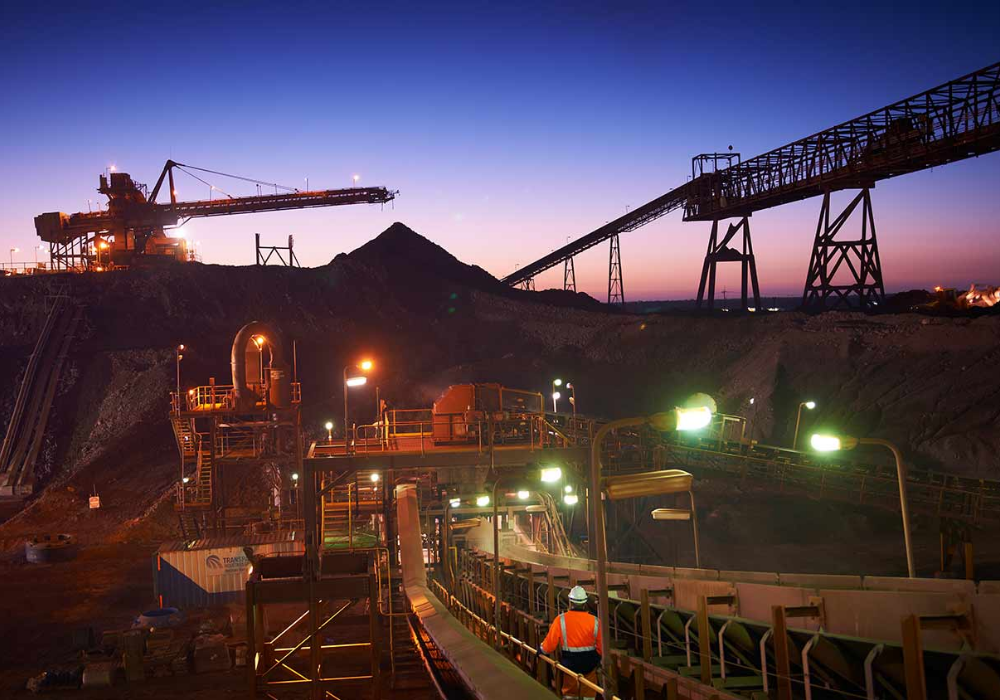
Australia is seeking clarity from China following reports that the country is set to impose a coal import ban on Australian miners.
The speculation over a potential ban on the fossil fuel first surfaced on 9 October, when S&P Global Platts reported that Chinese state-owned end-users had been given a verbal notice to stop importing Australian coal.
Any potential ban could prove a crushing blow to the nation, which is home to four of the world’s 10 biggest coal mines and is the biggest exporter of the mineral – with exports amassing $70bn Australia dollars ($50bn) in the 2019 fiscal year. During the 2018-19 financial period, China alone imported A$14bn worth of Australian coal.
Simon Birmingham, Australian minister for trade, tourism and investment, said in a statement that the federal government was “taking action and having discussions with China” after approaching authorities in the Asian nation overnight.
However, Birmingham reiterated that the Australian government has “no evidence to suggest” that Chinese steelmakers and power plants have been explicitly told to stop importing Australian coal.
He added: “We’re talking to the industry and we will continue to engage through officials with China to try to secure reassurance on these matters.”
Trade tensions have increased between Australia and China prior to reported coal import ban
This is not the first time there has been speculation with regard to China importing Australian coal, as trade tensions between the two countries have continued throughout 2020.
Relations have been affected between the nations following Canberra’s call for an inquiry into the origin of the coronavirus pandemic, which first broke in the Chinese city of Wuhan last December, with China then going on to impose sanctions on imports of wine, barley and beef.
But Birmingham reiterated that previous disruptions between the two countries have “always recovered as a result of various different factors”, including the application of “some domestic quotas in the Chinese system”.
“I don’t want to get ahead of ourselves in terms of the speculation there but we are working with industry, taking action and having discussions with China,” he added.
“We’re taking the accusations at a value where we are at least engaging with the Chinese system, seeking a response in relation to those claims that have been aired publicly and are working with Australian industry, as always, to try to save Australian jobs.”
Birmingham made it clear that the door “remains open” for discussion with the Chinese government about the export of coal for steelmaking and stated that the mineral remains an “important part” of Australia’s export mix as a reliable energy source for countries throughout Asia, including China.
But analysts told the Financial Times that the reported coal ban may reflect efforts by China to support its own domestic coal industry instead of it coming as a result of any deepening political issues with Australia.






